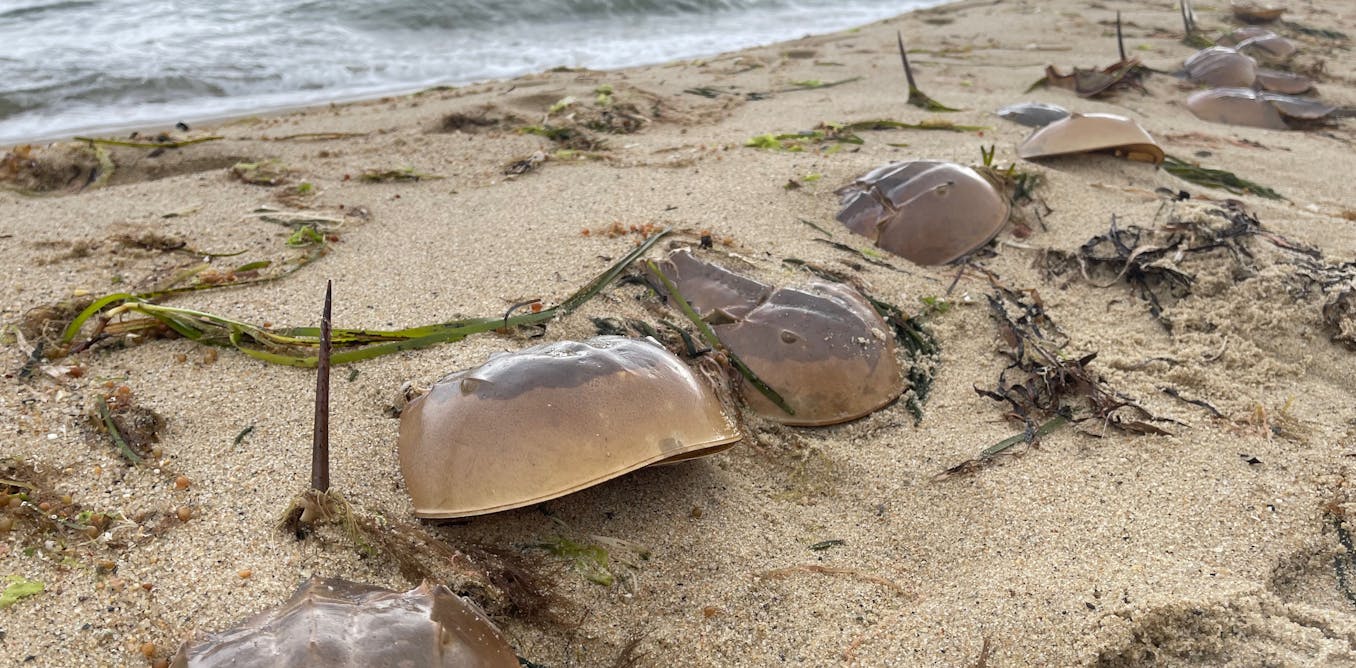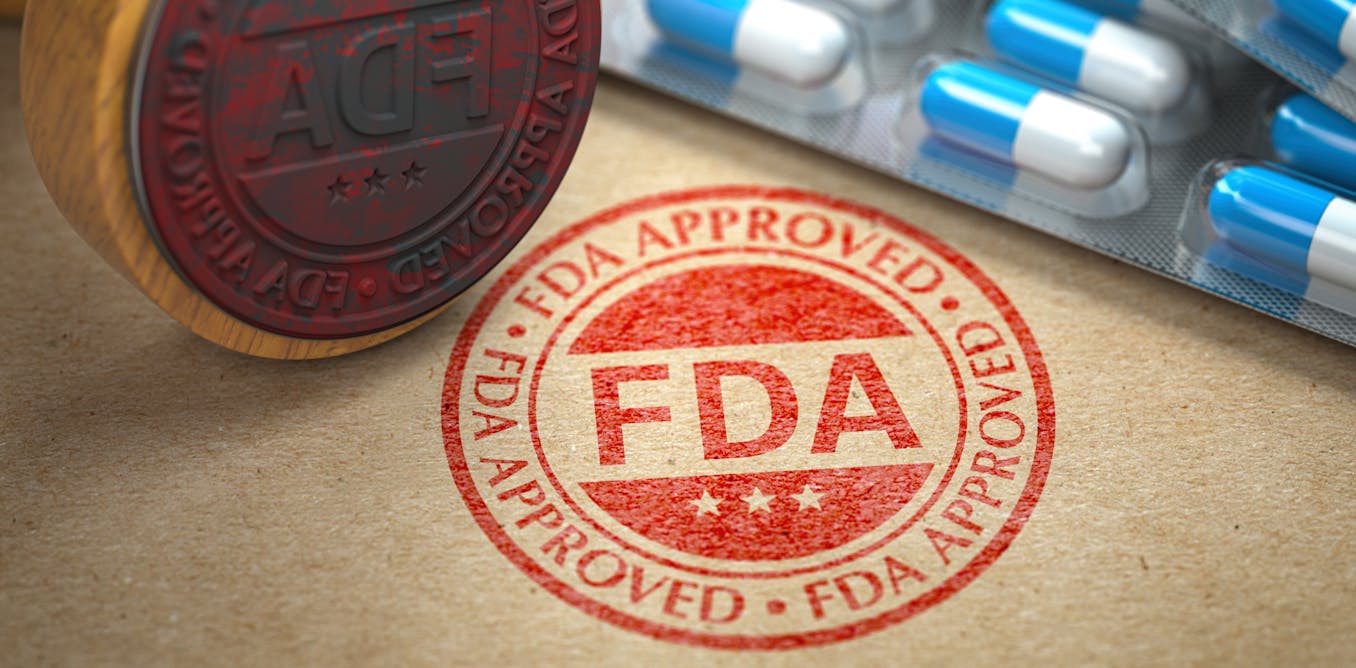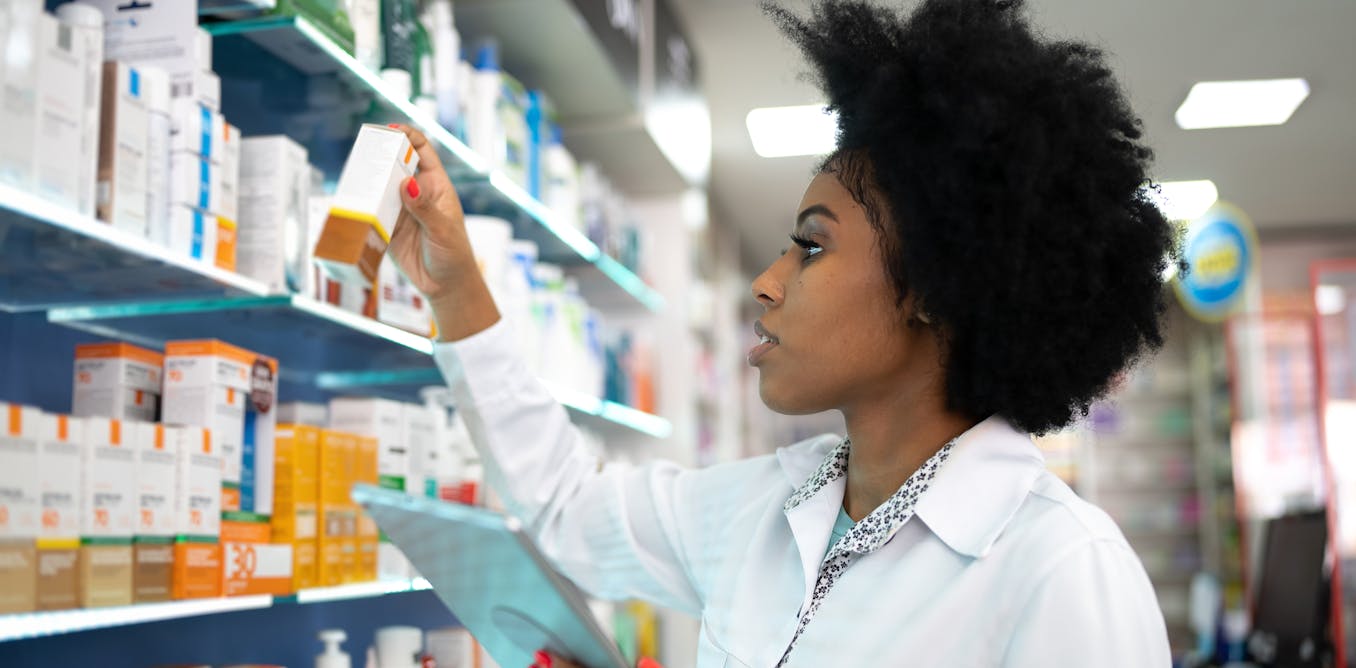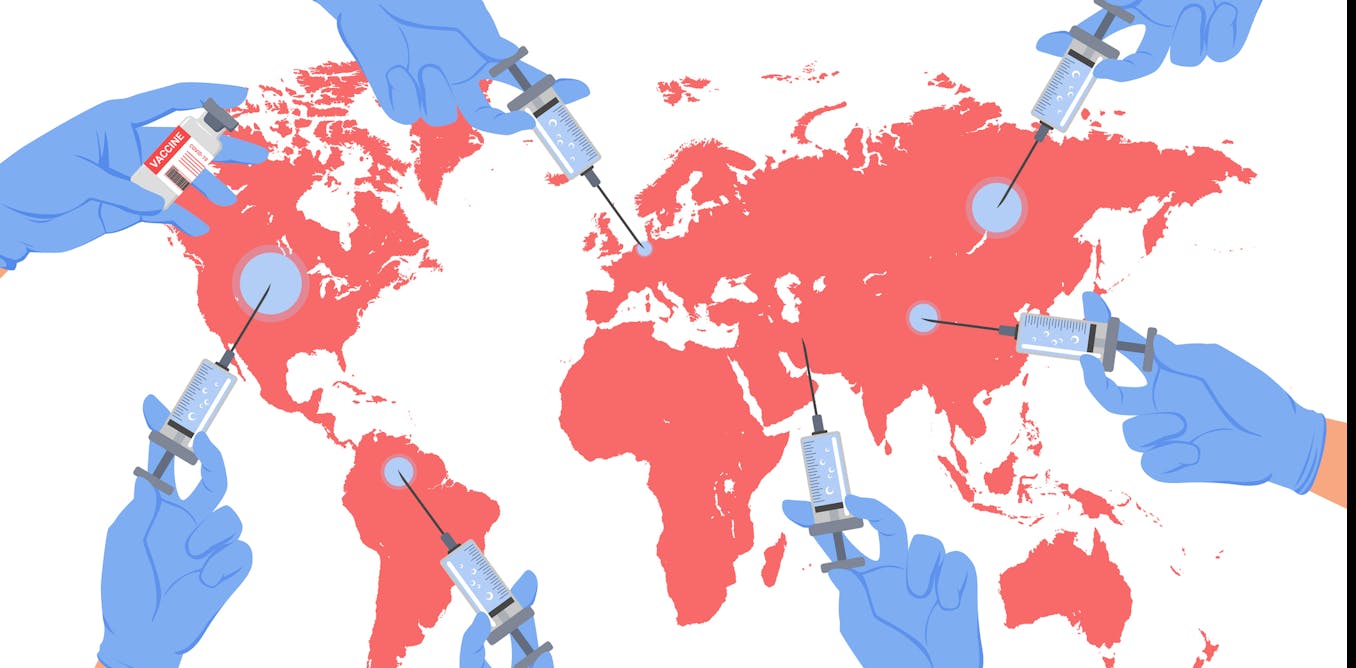When developing countries band together, lifesaving drugs become cheaper and easier to buy − with trade-offs
Pharmaceutical companies have little incentive to sell drugs to countries that can’t afford them. But bargaining together can increase access to vital treatments worldwide.
June 17, 2025 • ~10 min









